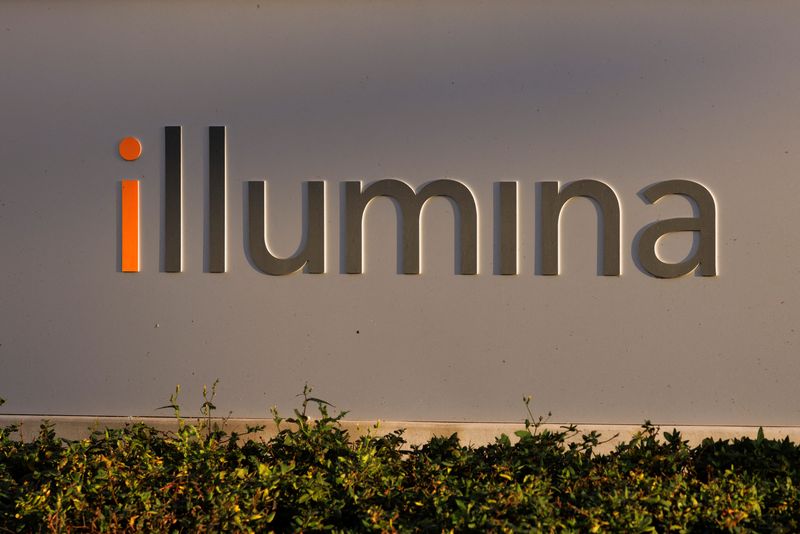Illumina, the gene sequencing giant, announced plans to divest itself from Grail, a cancer diagnostic test maker, after a prolonged battle with U.S. and European antitrust regulators spanning over two years. Activist investor Carl Icahn also posed significant opposition to the companies’ union.
The separation will occur through a third-party sale or capital markets transaction, with Illumina finalizing terms by the second quarter of 2024, according to a statement from the San Diego-based company. Grail will receive dedicated funding from Illumina to sustain its operations during this divestment period, as stated in a separate announcement by Grail.
Grail, with a valuation of $7.1 billion within Illumina’s portfolio, has been working on a groundbreaking blood test capable of diagnosing various types of cancer through a technique known as a liquid biopsy.
Initially spun off by Illumina in 2016, Grail remained partially owned by the company, which then reacquired it in 2021 despite regulatory concerns regarding competition.
A recent U.S. appeals court ruling mandated the Federal Trade Commission (FTC) to conduct a fresh evaluation of Illumina’s acquisition of Grail, citing flaws in the initial legal approach. However, the court acknowledged substantial evidence supporting concerns about decreased competition, potentially allowing the FTC to pursue alternative strategies to prevent the acquisition.
Illumina opted against further legal appeals following the court’s decision, acknowledging the FTC’s worries about potential market dominance that could lead to increased prices or restricted access for Grail’s test rivals.
In Europe, authorities proposed measures for Illumina to reverse its acquisition of Grail. This followed a record 432 million euro ($471 million) fine imposed by the European Union in July on Illumina for finalizing the Grail takeover before obtaining EU antitrust clearance.
Under pressure from various angles, including investor dissent led by Carl Icahn, Illumina faced internal turmoil, experiencing a CEO change after its stock plummeted more than 37% in the year. Icahn, who successfully secured a board seat through a challenge in May, later filed a lawsuit against Illumina, alleging breaches of fiduciary duties related to the Grail deal.
Throughout this intricate and contentious process, Illumina’s business decisions faced scrutiny and legal hurdles both in the U.S. and Europe, culminating in the decision to divest Grail, a move aimed at addressing regulatory concerns and investor dissent while steering the company toward a revised strategic direction.



